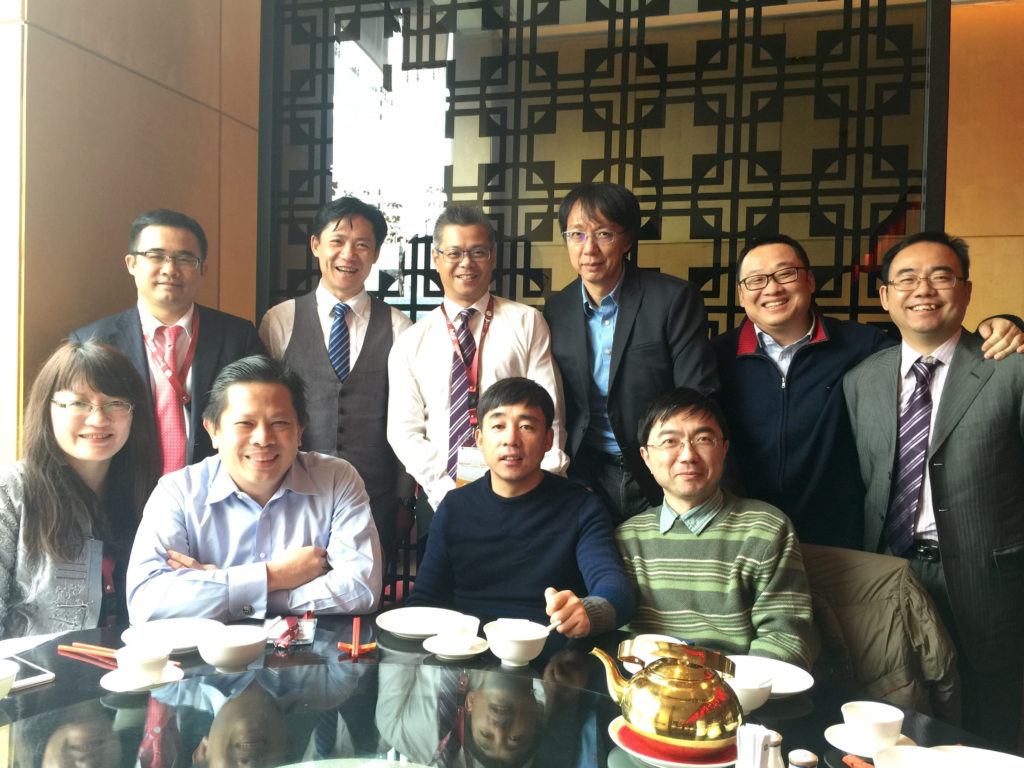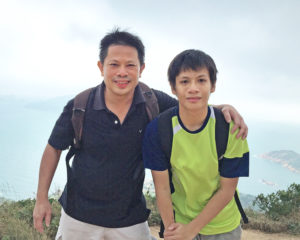
When Thomas Cheong, EMBA ’13 (Shanghai), entered the Washington University–Fudan University Executive MBA program, he had already been working for 20 years, becoming a CFO at age 32 and a CEO by age 40.
“I wanted to go back to school to recharge and learn new skills to prepare for bigger roles in the second half of my career,” he says. He chose the program because of the reputation of the universities and the opportunity to learn concurrently from a Chinese and American university.
“The professors at both schools were top-notch,” Cheong says. Even today he sits in on lectures when he has time, thanks to the program’s lifelong learning provision.
During the program, Cheong became the class president and won the William Emory Award for Outstanding Leadership.
“I wanted to make the 18-month program as good a learning experience for every participant of the class as it was for myself,” Cheong says about why he took on the leadership role.
His class became the first to have its midterm residency outside of China at the National Taiwan University in Taipei.
“This has evolved into a midterm residency at the Brookings Institute in the U.S.,” Cheong says. “No other EMBA program in China offers its participants the opportunity to study and learn at one of the top U.S. think tanks.”
After graduating, Cheong became a CEO at an asset management company in Taiwan. There, he doubled the company’s assets under management in one year by building a strong team, developing a strategic plan for the future and forging productive relationships.
“All the stuff I learned during the EMBA program was put to good use,” he says.

From there, he was recruited away to be vice president of North Asia for Principal Financial Group, one of the largest pension asset managers in the U.S. and South America. They were looking to grow their operations in Asia. Now, more than 500 individuals report to Cheong.
“I am thankful that the EMBA program — particularly its courses on leadership, strategic thinking, innovation and marketing — has prepared me well for my current role,” Cheong says. “And the friendships and support of fellow participants and the mentorships of professors have also helped me a lot.”
Cheong also gives some of the credit for his path in life to high school teacher Jagit Than, who encouraged him to apply for the prestigious Public Service Commission Scholarship from the government of Singapore (his home country), which he won. That enabled Cheong to attend the London School of Economics as an undergraduate.
“Because of her belief in me, my life took a different path,” he says. He’d one day like to have the same impact. “I love teaching and sharing my experiences with others,” he says. “If the opportunity arises, I would like to teach at one of my alma maters to share my experiences of running businesses in Asia.”